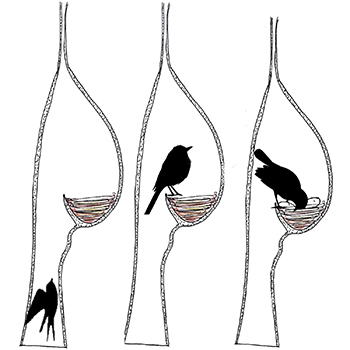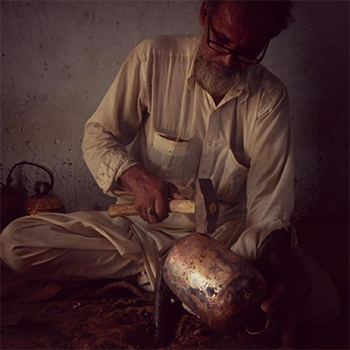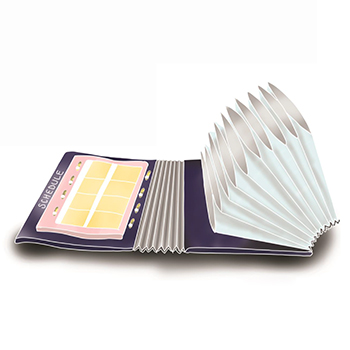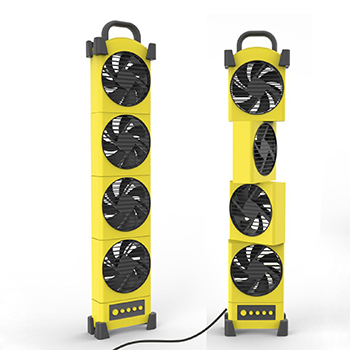Elderly consist of ages nearing on surpassing the average life span of human being. In India, it is 60 years. The boundary of old age cannot be defined exactly, as it does not have the same meaning in all societies. According to the WHO, the ageing process is a biological reality that has its own dynamics that are largely beyond human control. Age of 60-65 years i.e. retirement age is said to be starting of old age. 7.4% of the total population of India is said to be elderly, which is more than the male elderly population. Literacy rates are very low, around 20 for females and 50 for elderly males.
The need for a device or system arises due to the integration of various diseases in the elderly and the disability of the elderly to take care of themselves. Which results in dangerous ends. Diseases like dementia increase forgetfulness in older people, which results in accidents, skipping meals, skipping medicine, forgetting to go home, etc. Amongst these, forgetfulness in taking medicine is a bigger cause of many deaths. Forgetfulness sometimes also results in patients taking more dosages of medicines than recommended or even the wrong medicine. Reminding the patient of his medicines is the priority here. Due to old age's physical decline, the number of diseases increases. Resulting in increase in no.of pills i.e, 20-30 pills a day. It is difficult to manage those pills according to meal.




